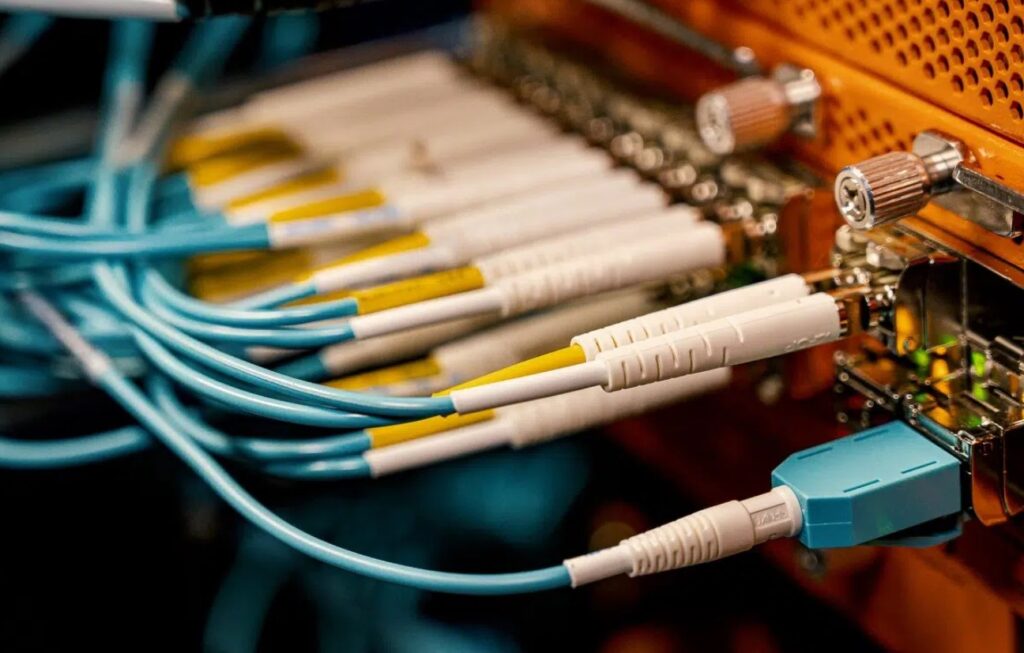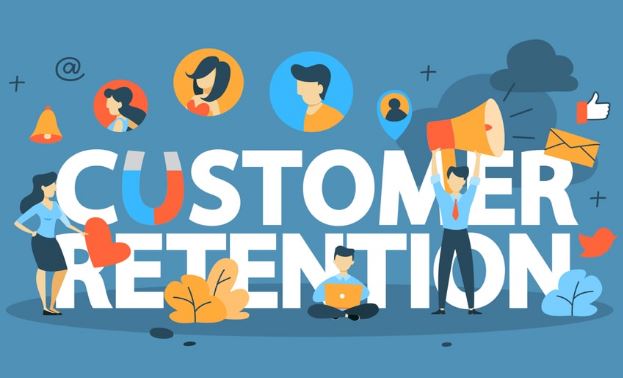According to food and health organization, about 690 million people have no food to eat, and nearly three billion can’t afford to have a nutritional diet. But this is not the only concern that the world faces today.
Nearly one-third of the food produced in the world is wasted and is the third-largest greenhouse emitter. Hence, food waste is one of the biggest challenges that the world is facing. Most of the food waste occurs at the retail level or by the households. Hence, restaurant businesses have a significant role to play in the management of food waste.
Restaurants generate a lot of waste on a day-to-day basis. The pandemic has already impacted the food business a lot, and the post-pandemic world is not easy to survive. By reducing food wastage, you can survive even with slim margins. A waste audit is a smart way to do so and save money.

Categories of Wastage:
- Preparation and Cooking Waste: This waste is generated while cooking the food or preparing it. You might have bought more than the required fruits and veggies, leading to spoilage, or cooked a bulk quantity of food that goes unsold. The expiration of ingredients is another cause of wastage.
- Consumer-level: This is the food that has been left over by the consumers. They have not taken the food or returned food due to quality and other issues.
- Disposables: It includes napkins, toothpicks, paper plates, plastic bottles, etc.
Eliminating waste is an essential way of reducing waste. But, the first step in this direction would be a waste audit. Without auditing your waste, you can’t find out the inefficiencies and work on them. It helps you to make an accurate analysis of the value that you lose in wastage.
Why Should Restaurants Choose Waste Audit?
Know What Goes in the Trash
Auditing your waste helps you get an insight into what goes into the trash and what could be an alternative to it. For example, if you see a large amount of leftover food, then you can reduce the portion size or ask your customers to take the leftovers with them. If you see a lot of waste from the kitchen while preparing and cooking, you can change your preparation and cooking practices.
Better Use for Leftovers
You can divert the waste food from the garbage to someone who needs it. Once you know the quantity of food wasted every day, you can donate it to the needy. Donating the surplus will help you contribute and do something good for the community.
Better Food Management
Taking out time to evaluate your food waste through a waste audit and going through your food log can bring immediate changes. You can train your employees for better food management, storage and follow practices that lead to minimal food wastage. You can even reduce the ingredients that do not have a long shelf life.
You will be able to reduce your wastage and eventually cut down the wasted food costs to invest in better areas. You can follow better practices in the restaurant and invest in better quality equipment. For perishable items, you can buy cold storage.
More Value to the Business
By frequent auditing, you can add value to your business. You can collect data about managing food wastage and present your restaurant as an environmental-friendly business. It will be a great selling point for your business and would attract many customers.
Donating the edible food will generate goodwill for your restaurant that you can leverage in the long run. Your customers will value you and trust you for doing a good deed for society. It will boost your business and improve retention rates.
Addressing the food wastage at the starting level can bring high returns. Waste tracking and analysis help the restaurants make changes on the operational level.
Introduce Green Initiatives
You can reduce packaging products or disposables and use recyclable options. A waste audit will help you collaborate with the supplier to reduce or reuse packaging and move to compostable alternatives. If your recyclables are ending up in the trash, you need to make changes to reduce them.
A waste audit helps to schedule hauling and monitor bin level. If you notice that your garbage bags are picked only half-filled, change the hauler’s frequency. Fewer trips will reduce hauling costs and also the greenhouse emissions arising from it.
A waste audit is not something that you can do once and leave. You have to do it frequently to monitor your waste and recycling expenses. You can use professional auditing services or do it on your own to improve your business and implement the right strategies to minimize costs.



